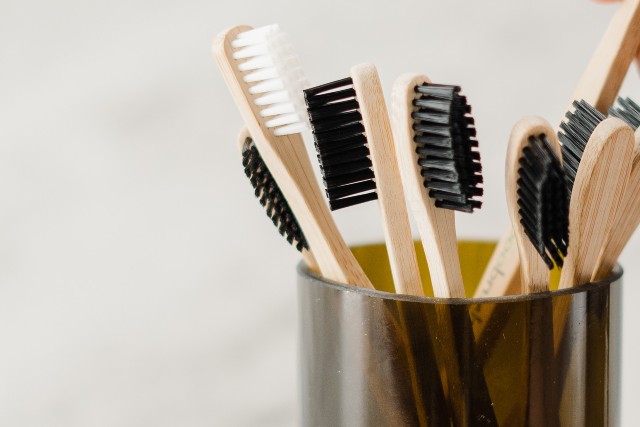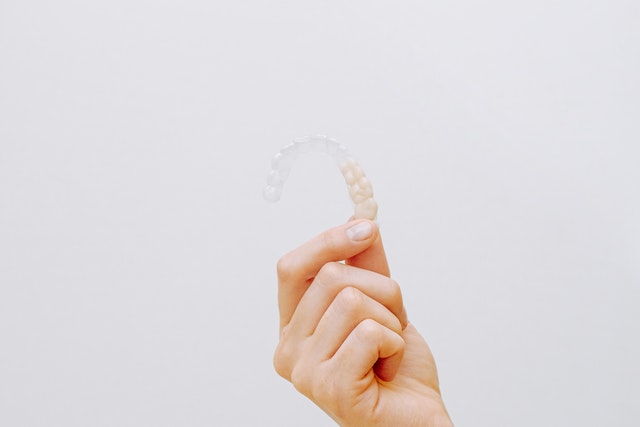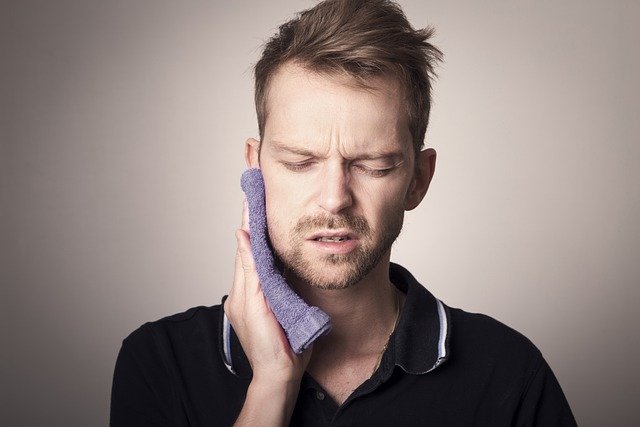Back in the day, we used to have conversations with people at a relatively close distance. We’re getting back to that, now that we have vaccines and treatments for the COVID-19 virus. Whether you’re still wearing a mask or have a few people with whom you can safely shorten the distance during conversations, your breath …
Back in the day, we used to have conversations with people at a relatively close distance. We’re getting back to that, now that we have vaccines and treatments for the COVID-19 virus. Whether you’re still wearing a mask or have a few people with whom you can safely shorten the distance during conversations, your breath may be a source of concern. We all experience bad breath from time to time, but persistent bad breath can be an embarrassing or frustrating problem. Here, we discuss why breath can take a nosedive and what you can do to prevent or correct it.
The Role of Bacteria in Bad Breath
We don’t see them, but they’re there. The mouth is home to a multitude of microorganisms. The bacteria that live in the mouth consume our “leftovers,” tiny particles of debris from foods and drinks. What consumes must also secrete. In the case of oral bacteria, they secrete an acidic byproduct onto the teeth and gums, and sometimes onto the back of the tongue. You might recognize the accumulation of bacterial waste in the form of morning breath. A foul odor may also persist if bacteria are out of control.
If you’ve been living with bad breath, you don’t have to accept it as your norm. There are several preventive measures you can take.
- Brush and floss daily. If you’re concerned about the odor on your breath, we assume you are brushing morning and night as your dentist recommends. Where a lot of people miss the mark is in their flossing practice. For some reason, flossing feels like a chore whereas brushing does not. Skipping this last step of daily oral care, though, lets bacteria hide in between teeth and at the gum line. Flossing not only helps fight bad breath but can also reduce your chances of getting gum disease and cavities.
- Keep mouthwash handy. You can’t be expected to brush your teeth every time you consume a snack or meal. This actually might be overkill, anyway. However, if bad breath sneaks up on you, having a small bottle of mouthwash handy can be helpful. Just swish and spit.
- Drink plenty of water. Hydration is key to oral health. Don’t guzzle water only at certain times of the day; sip on water several times an hour. This way, your mouth does not become a dry haven for bacteria.
Your Dentist Can Help with Bad Breath
Regular dental checkups and cleanings are integral to optimal oral health, and oral health is essential for good breath. Dr. Mahal offers personalized dental care in a comfortable, friendly office. To schedule a visit, call 916.800.5001.








